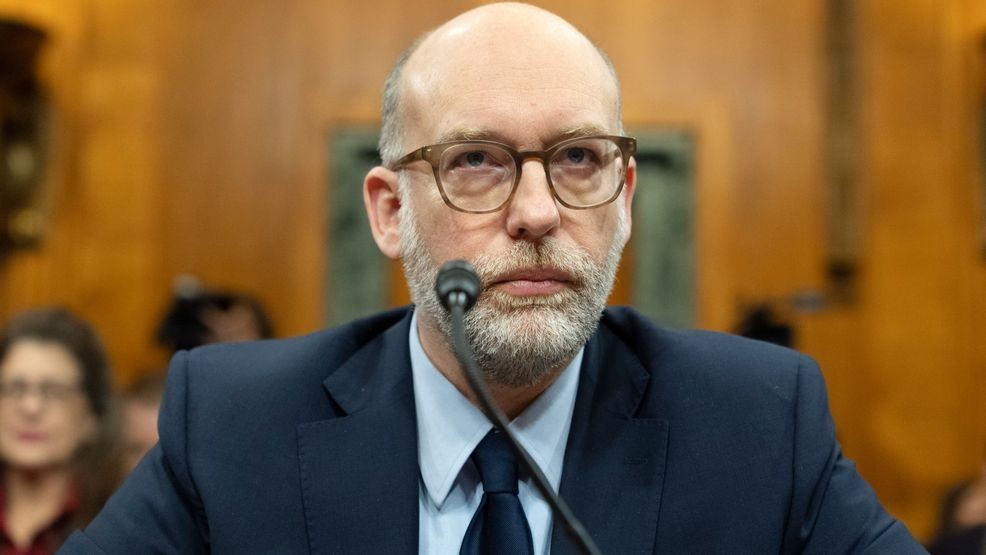Some of the Trump administration’s approach toward deregulating the financial industry risks putting the economy in a bind, as big banks now are not sure where they stand on statutory law.At issue this week is the Consumer Financial Protection’s new director — Russell Vought — who moved to halt the agency’s work. In addition to putting the financial watchdog on the sidelines, staffers were reportedly instructed not to continue investigations or otherwise perform any administrative actions. That created a ripple effect across financial markets, with industry trade groups not knowing what to do next, according to The American Prospect.Such groups now have no regulator to rely on when determining whether their actions run afoul of congressionally passed rules. “If there’s no point person, the rules are frozen in time, it’s not good for anyone,” one anonymous former Consumer Financial Protection Bureau (CFPB) official who works with companies in the private sector told The American Prospect. “I’m not even talking about the consumers here. Just for the industry, it’s not a good answer.”There is nobody manning the wheel regarding who is watching after customers, according to Federal Reserve Chairman Jerome Powell. During a Senate hearing Tuesday, he told Sen. Elizabeth Warren (D-Mass.) that there are “no other federal regulator(s)” involved in the kind of work the CFPB does.Warren helped create the agency shortly after the Great Recession in 2008. The intent was to prevent a similar crisis from blowing up the U.S. economy. Other corporate groups are raising flags, as well. “When you tear it all down, you potentially lose what had been good regulatory policy,” Phil Goldfeder, who is the chief executive of the American Fintech Council, told Politico’s Morning Money recently. “When operated correctly and bereft of ideological drive, the CFPB could be a valuable tool for responsible regulation.”Without the CFPB determining what is a go or a no-go, financial firms could be laid open to action under existing rules. State attorneys general and consumer protection authorities would then be given wider authority to bring lawsuits against banks for violating the exotic regulatory patchwork.Before leaving, former CFPB Director Rohit Chopra published a guide for states to strengthen their own consumer protections. Goldfeder said this is a recipe for disaster. “The response at the state level could serve to be more damaging than what’s happening at the federal government,” he said. One possible beneficiary are financial technology companies — otherwise known as fintech. The CFPB was initially proposing a rule treating companies like Elon Musk’s X platform, which plans to create an app where users can pay for things and use social media, the same way the FDIC treats big banks. Vought’s decision puts those rules in limbo, according to Matt Stoller, research director at the American Economic Liberties Project. Fintech apps now “won’t b

